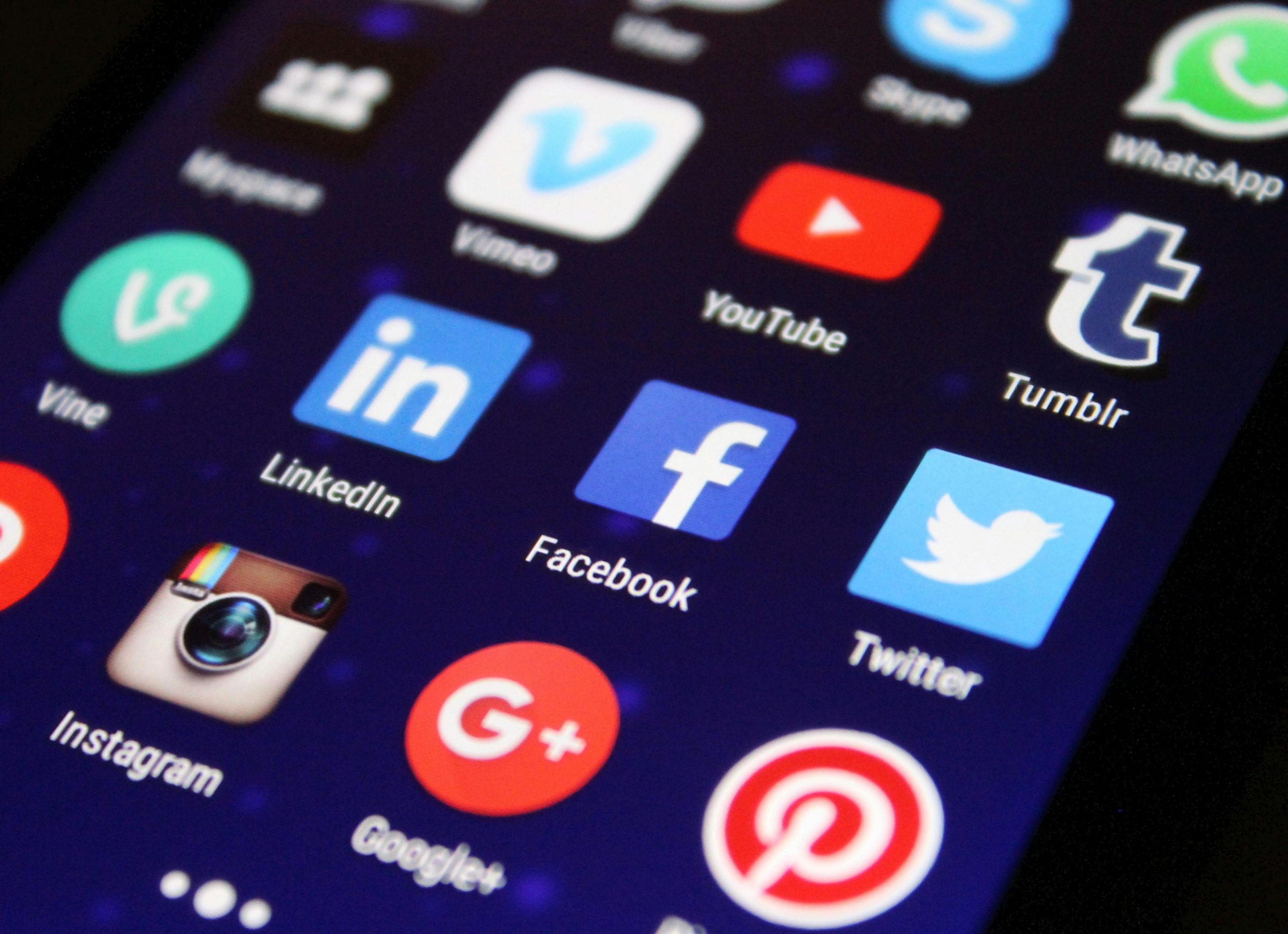In the modern business world, branding is no longer just about logos, slogans, or colors. It’s about creating meaningful connections and delivering consistent, personalized experiences. With the rise of algorithms, artificial intelligence (AI), and automation, branding has entered a transformative phase, where data-driven insights shape strategies and customer engagement is both smarter and more impactful. This article explores how businesses can harness these technologies to build stronger, more authentic brands in an increasingly competitive landscape.




